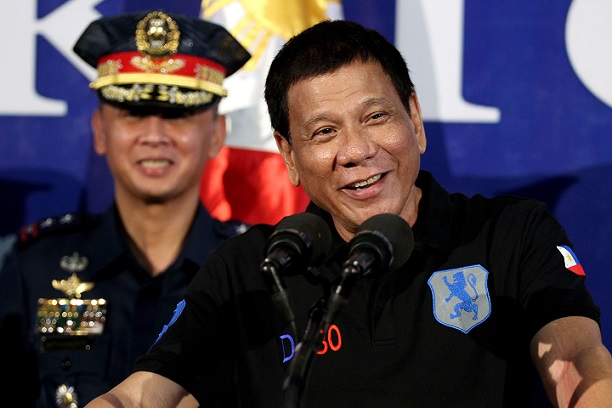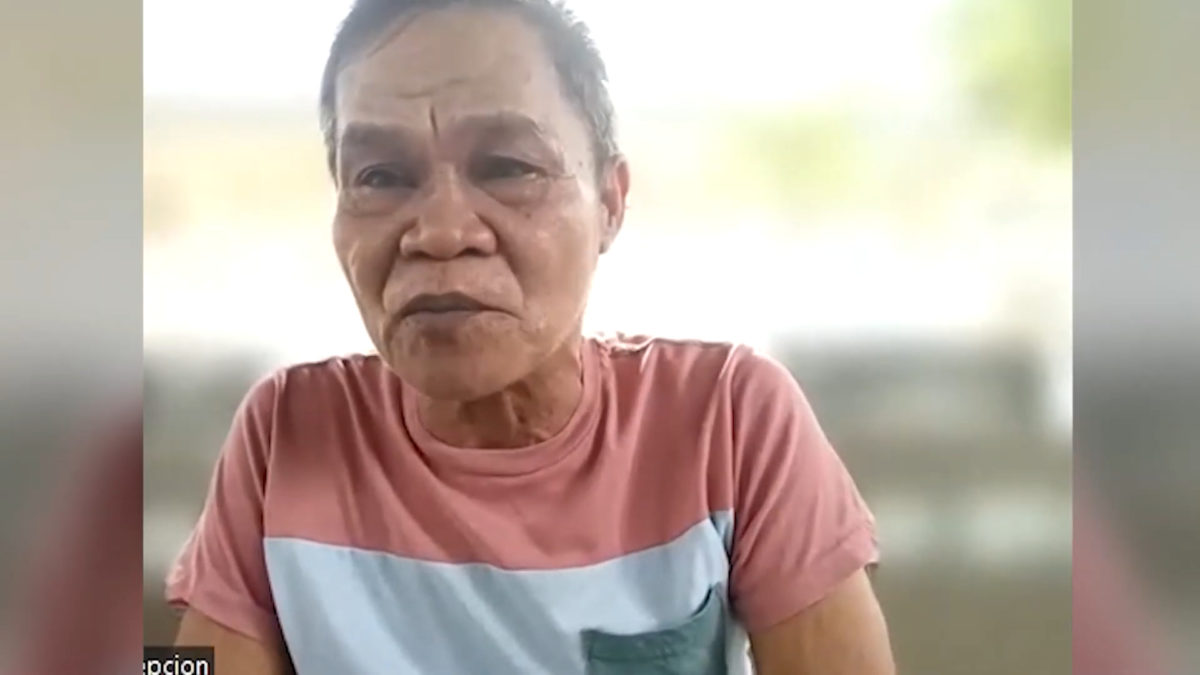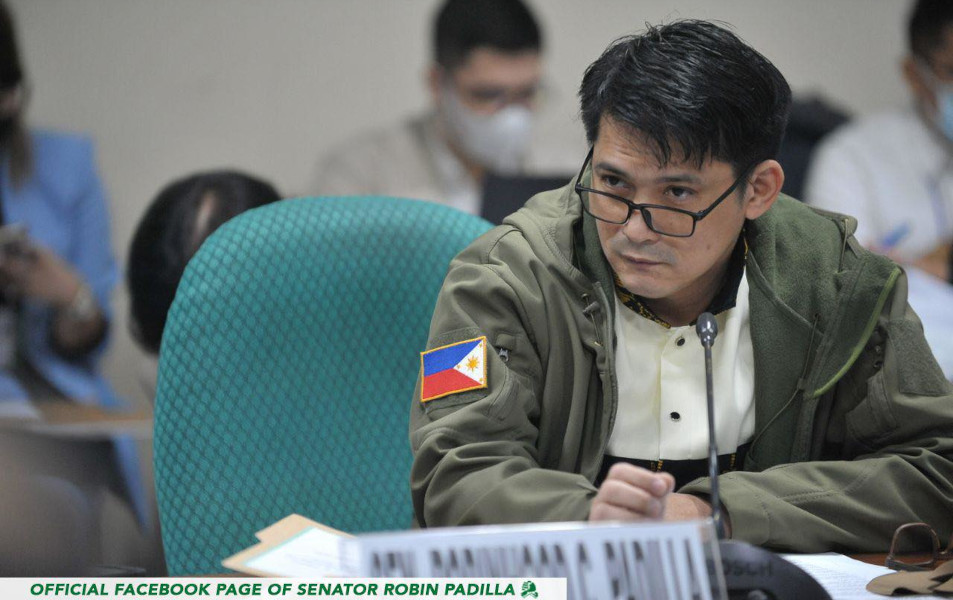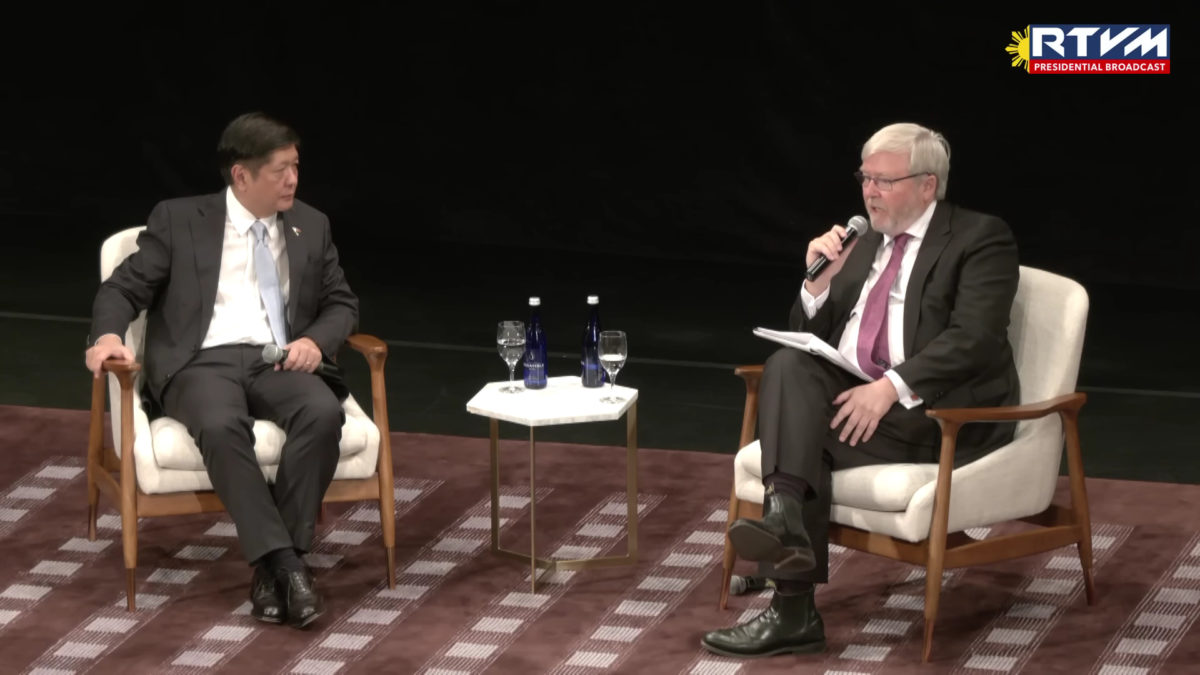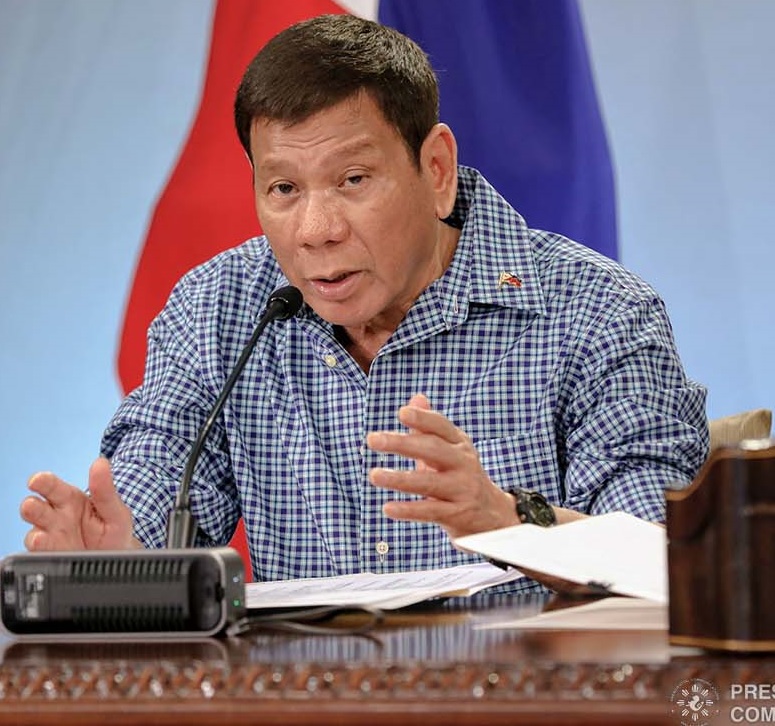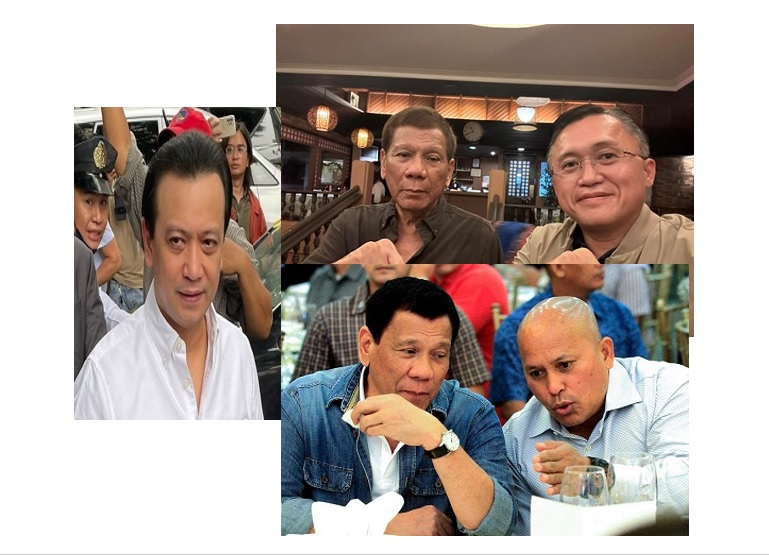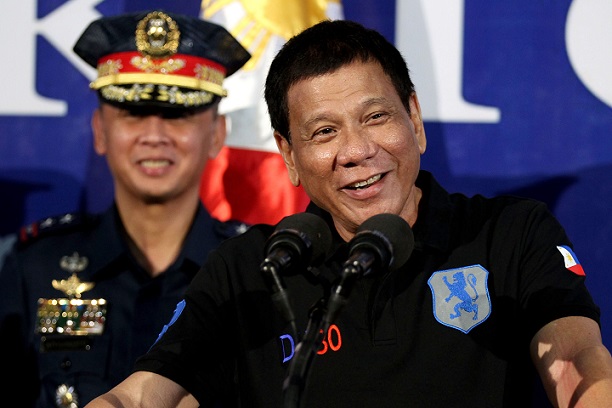
AS the country marks the first 100 days of the presidency of Rodrigo Duterte, one of the burning issues under intense scrutiny is: What is our foreign policy vis-à-vis current international issues and how is our diplomacy navigating the complex waters of international relations? These questions need educated answers now as the Philippines heads for the next 100 days.
A “more independent foreign policy” is the mantra by which the new administration reasoned its pronouncements and plans of action. There is therefore a tacit acknowledgment that we already have an independent foreign policy as mandated by our Constitution. All countries claim they have. The difference lies on how they execute these policies.
An independent foreign policy, in its literal sense, is a mirage, an illusion in the context of a very inter-dependent world and in an era of globalization. Foreign policy is essentially an exercise of common sense, and should be defined by pragmatism over an aura of romanticism through platitudes, hyperbole and rhetorics.
Know what and where national interests lie and protect and promote them through strategic diplomacy.
Diplomacy is essentially a personal thing. Negotiations is the heart of diplomacy. If a diplomat is able to obtain the desired outcome when he sits to negotiate, this will be effective diplomacy. To be an effective diplomat, one only needs a strategic frame of mind, good body language and educated tongue, and a healthy soul.
The so-called pivot to China and Russia and “crossing the Rubicon” against the United States by stopping naval drills and military exercises because “China does not want them” is not an independent foreign policy.
Continuous cuss words against leaders and institutions do not promote a “more independent foreign policy” and jeopardize benefits and assistance we receive from them.
The military establishment, the business sector and the leadership of the career corps of the Department of Foreign Affairs must be more pro-active in their responsibilities to advise the President.
Foreign policy and effective diplomacy cannot be conducted through press conferences and as part of off-the-cuff remarks in media interviews. It is neither good policy nor strategic diplomacy to say sorry and apologize later after gaffes.
A foreign secretary and his diplomats are expected to lie for the country, not necessarily for their president.
The conduct of foreign policy and diplomacy for the next 100 days of the Duterte administration cannot continue to be a capella. It needs direction and leadership and a forward strategy to protect and promote national interests always keeping in mind which side of your bread is buttered.
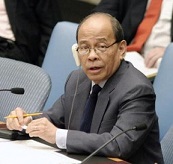
(The author is a veteran Philippine diplomat. He was the Philippine Permament Representative to the United Nations from May 2003 to February 2007. Prior to that, he was Foreign Affairs Undersecretary for Policy.)
